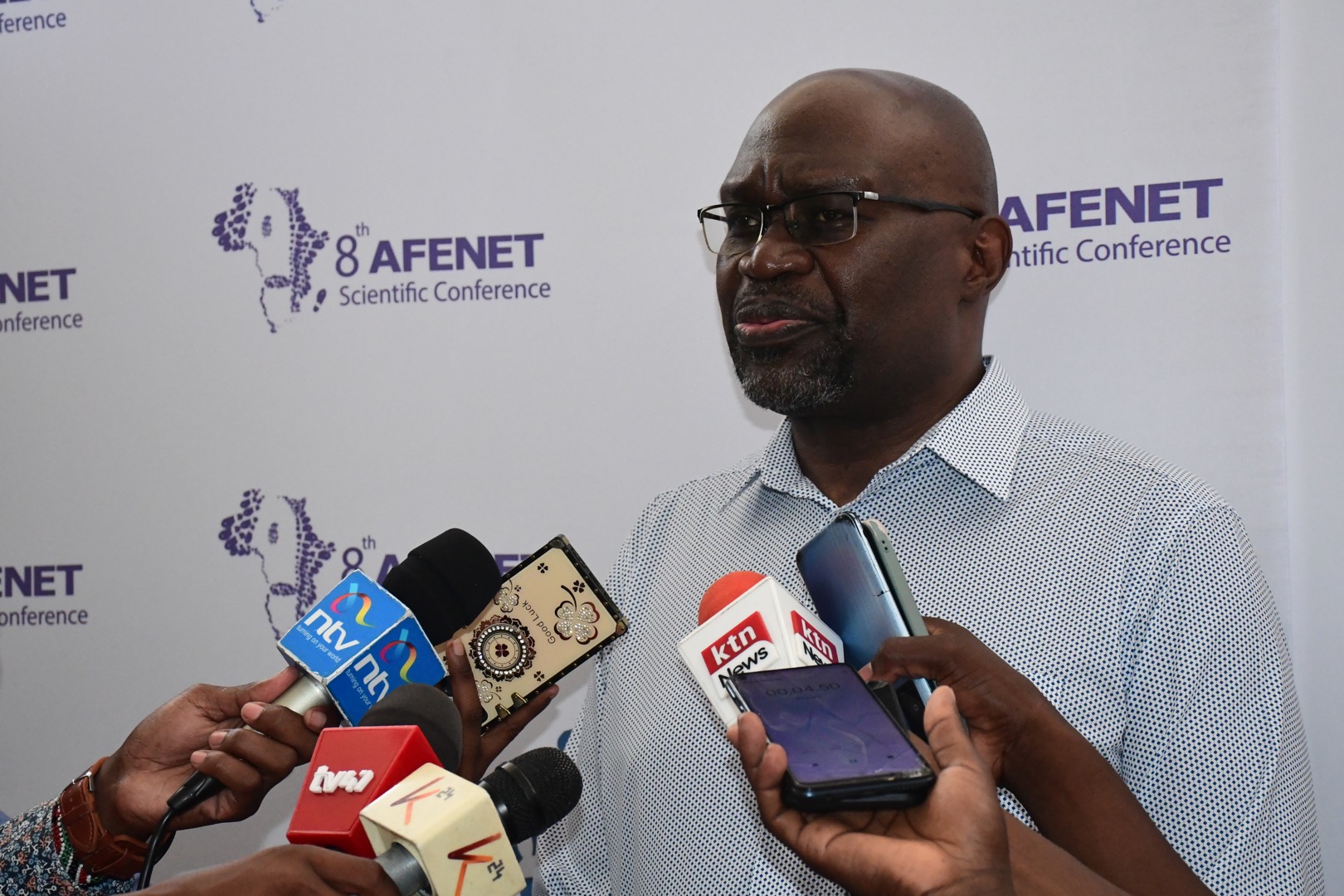Health officials in Trans Nzoia County say early diagnosis remains the remedy to management of terminal diseases, which account for a high number of deaths witnessed in the region due to late detection.
Speaking while commemorating the world Palliative Care Day, the medics said most patients who suffer from cancer end up dying since the disease is detected when it has reached advanced stages that are difficult to cure.
“Most cancer patients detect the disease when it is at stage four which is not treatable. We urge our people to make a habit of going for screening whenever they have unique signs and symptoms,” said the county director of medical services Nancy Kegode.
The medical superintendent at the Kitale County Hospital Dr Francis Soita said the facility offers screening services for both breast and cervical cancer where patients who are diagnosed with the disease are placed under palliative care.
“We have a dedicated team of health officers under the palliative care department who manage patients with terminal diseases by monitoring their progress which include paying them home visits,” said Dr Soita.
Palliative care is an approach that improves the quality of life of patients (adults and children) and their families who are facing problems associated with life-threatening illness.
It prevents and relieves suffering through the early identification, correct assessment and treatment of pain and other problems, whether physical, psychosocial or spiritual.
The service which was established in 2015 has benefitted several patients with the number growing from an initial 28 to 300.
A prostate cancer survivor, Mr Patrick Wafula gave an account of how he was able to recover from the ailment after he was placed on medication early enough after the disease was diagnosed during the initial stage.
According to Esther Jarega who is in charge of the Palliative care department, the team faces a host of challenges when travelling to the grassroots to offer healthcare even beyond Trans Nzoia County.

